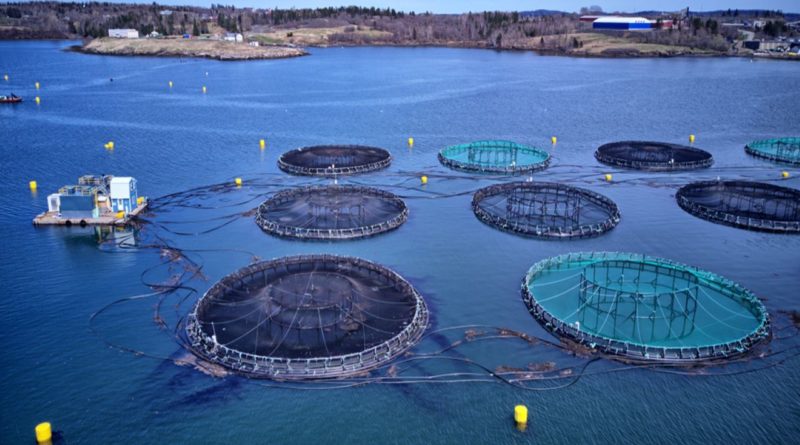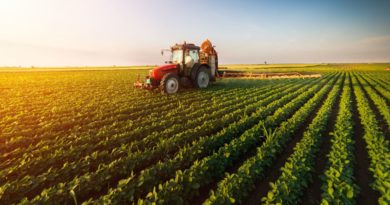Aquaculture Courses: Learn About the Crucial Industry of Aquaculture
Considering an Aquaculture Course?
Aquaculture is an industry that grew by around 20% last year. As global fish resources come under increasing pressure, this is an industry that will continue to grow rapidly. If this sounds exciting to you, an aquaculture course may be the ideal choice for you. An aquaculture course will teach you all there is to know about fish species, production systems, what species to farm, harvesting and much more. The good news is there are so many aquaculture courses currently available. These courses are available in full-time, part-time and evening class options, making it easy for the course to slot into your schedule.
What is Aquaculture?
Aquaculture, put simply, is the breeding, rearing and harvesting of fish, algae, shellfish and other various organisms in all kinds of water environments. As the demand for seafood has increased, technology has made it possible to grow food in the open ocean and coastal marine waters. Aquaculture is a method that is used to produce food and other various commercial products, restore habitat and replenish wild stocks, and build populations of threatened and endangered species. There are two main kinds of aquaculture – freshwater and marine.
Why is Aquaculture Important?
There are tons of reasons to be optimistic about aquaculture’s important role in the global food supply. The State of World Fisheries and Aquaculture report states that any future growth in fish consumption and production will primarily derive from aquaculture. Accordingly, the industry is rising to this challenge – in the decade of 2005 to 2014, farmed seafood production grew 5.8% annually, which was more than four times the annual world population growth between the years of 2010 and 2014.
Potentially, while aquaculture has only scratched the surface of what it could achieve, it is best positioned to address the considerable imbalance which exists between the amount of water available to us as a planet and its contribution to the human diet: currently oceans provide only 2% of the food that we eat despite occupying 70% of the Earth’s surface. Additionally, Aquaculture is one of the world’s most sustainable and efficient methods to produce high-quality protein. The industry has an incredibly low carbon footprint and feed conversion ratio as well as energy retention and high protein.
What Will I Learn?
You will be provided with an introduction to aquaculture by exploring the scope and nature of freshwater aquaculture, references, resources and organisations across the globe and material and equipment suppliers. Production systems such as EP and IP will also be explored in addition to what species to farm in terms of selection criteria, water resources, climate, finance, the scale of the operation, ecological considerations and much more. Students will learn about various kinds of fish such as trout, barramundi, bass and freshwater crayfish. The course will educate you on how to set up a fish farm and you will learn about fish foods and feeding fish. Finally, you will explore harvesting in relation to various techniques such as gill nets, traps, long lines and you will learn about fish diseases.
Career Opportunities
After completing your aquaculture course, you can expect to find employment as a research assistant, biochemist, biologist and technician. You can also apply for roles in the fisheries department of state government to become a fisheries research assistant, assistant director, sub-inspector of fishers, fisheries development officer or a fisheries extension officer. You can also find jobs as in a marine product export development authority, an export inspection agency, a coastal aquaculture authority, a food safety and standards authority, a fisheries survey and a national centre for ocean and information services.
If you are serious about doing an aquaculture course, check out courses near you in the Nightcourses.co.uk national course finder.




